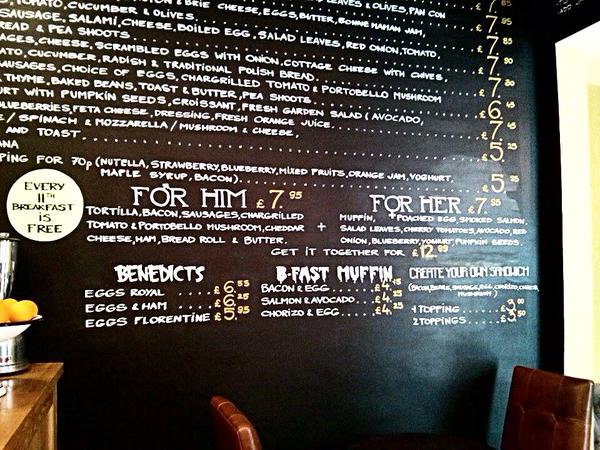Research shows language you speak changes your view of the world
In research that was published recently in Psychological Science, German-English bilinguals and German and English monoglots were studied to find out how different language patterns affected how they reacted in experiments.
This research shows that bilinguals can also view the world in different ways depending on the specific language in which they are operating, according to Mashable.
The past 15 years have seen extensive research on the bilingual mind, with most of the evidence pointing to the tangible advantages of being bilingual. Going back and forth between languages appears to be a kind of brain training, pushing your brain to be flexible.
To quote the abstract for the research paper:
People make sense of objects and events around them by classifying them into identifiable categories. The extent to which language affects this process has been the focus of a long-standing debate: Do different languages cause their speakers to behave differently? Here, we show that fluent German-English bilinguals categorize motion events according to the grammatical constraints of the language in which they operate. First, as predicted from cross-linguistic differences in motion encoding, bilingual participants functioning in a German testing context prefer to match events on the basis of motion completion to a greater extent than do bilingual participants in an English context. Second, when bilingual participants experience verbal interference in English, their categorization behavior is congruent with that predicted for German; when bilingual participants experience verbal interference in German, their categorization becomes congruent with that predicted for English. These findings show that language effects on cognition are context-bound and transient, revealing unprecedented levels of malleability in human cognition.

German-English bilinguals were shown video clips of events with a motion in them, such as a woman walking towards a car or a man cycling towards the supermarket. The participants were then asked to describe the scenes.
When such a scene is presented to a monoglot German speaker they will tend to describe the action and the goal of the action. Thus they would tend to say “A woman walks towards her car” or “a man cycles towards the supermarket”. English monoglot speakers would simply describe those scenes as “A woman is walking” or “a man is cycling”, without mentioning the goal of the action.
As regards the effect of the language being spoken on bilingual speakers’ perceptions of the world, they seemed to switch between these perspectives based on the language in which they were given the task. Germans fluent in English were just as goal-focused as any other native speaker when tested in German in their home country. However, a similar group of German-English bilinguals tested in English in the UK were just as action-focused as native English speakers.
Hat tip: Katya Ford.


 Yesterday
Yesterday 


 On Friday 24th April 2015, the
On Friday 24th April 2015, the 
 In addition, both universities have also signed licences with MultiRáció of Budapest for the deployment and support of 34,000 copies of
In addition, both universities have also signed licences with MultiRáció of Budapest for the deployment and support of 34,000 copies of